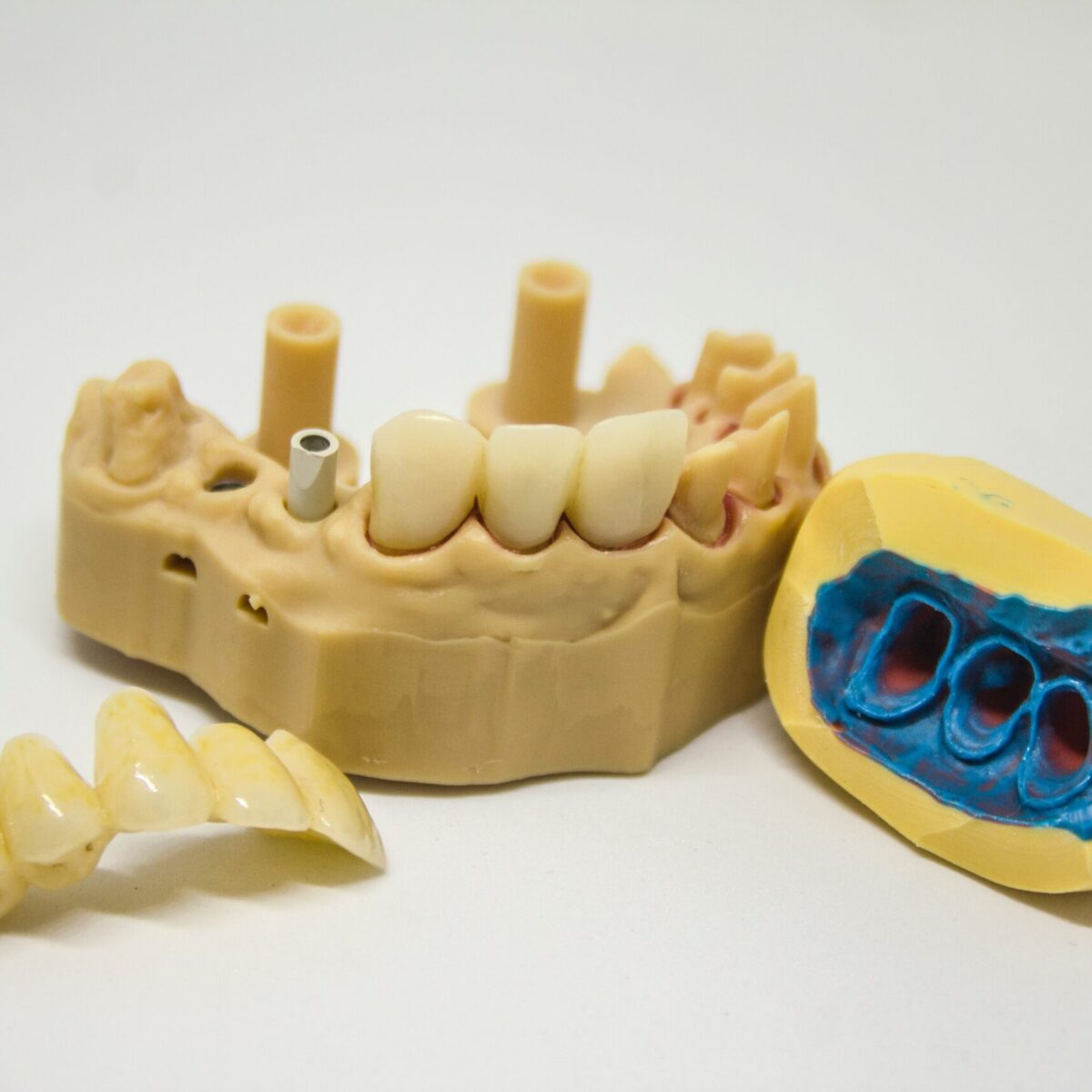We all experience dental pain in our lifetime, whether it be caused by an infection, decay, or an injury. If you are suffering from pain or other issues due to your wisdom tooth, this may be an indication that you will need it to be removed or treated.
If your wisdom tooth is causing you excruciating pain, you will require emergency treatment to prevent this pain from worsening and to avoid the problem from becoming worse.
In this guide, we look into wisdom tooth extraction and under what circumstances your wisdom tooth will need to be removed.
When Would Wisdom Teeth Need To Be Removed?
Even if your wisdom teeth are not causing you pain or discomfort, it may still be necessary to have them removed. This is because the teeth could be stuck in the wrong place or colliding with other teeth, which can prevent the teeth from breaking through your jaw completely and into your mouth.
Moreover, it may be that your jaw and mouth are too small to prevent them from overcrowding other teeth or may be growing at the wrong angle. This can cause damage to your other teeth, especially if the wisdom tooth pushes up against them. If they are causing issues like this, or you have an X-ray that suggests your wisdom teeth may cause issues in the future, they will need to be removed.
Other problems that can be caused by wisdom teeth:
- Your molars can push into surrounding teeth, causing issues when biting and pain in your mouth
- They can cause jaw damage if cysts develop around new teeth, if this is left untreated it can cause further damage and can affect your nerves
- Wisdom teeth can affect your sinuses, if you are suffering from pain, pressure and congestion in your nose, they will need to be removed
- Gums and the tissue surrounding it which are red, swollen and inflamed which may make it difficult to keep teeth clean. This can also create pockets in between your teeth, which results in bacteria growth. If this isn’t treated it can lead to cavities
- If wisdom teeth are causing impact, it can cause issues with overcrowding and your teeth may need to be straightened alongside having the wisdom teeth removed
The majority of issues can be resolved with antibiotics and antiseptic mouthwash, but if this does not solve your symptoms it will be necessary to have your wisdom tooth removed. If you are concerned about your wisdom teeth and the issues it may cause, book an appointment with your dentist. They will check the shape of your mouth and if your teeth are situated correctly to determine whether you need them removed. Your age also is taken into account, as the bones in your mouth become more solid as you grow older, so wisdom teeth are difficult to remove.
What Happens During Wisdom Teeth Removal?
When having your wisdom teeth removed through your dentist, they will go through your procedure with you and you will need to sign a permission form. Wisdom teeth removal will usually only take from a few minutes to 20 minutes, depending how many are being taken out and how easy it is to remove.
Your dentist will give you local anaesthesia to numb the area where the wisdom tooth or teeth are being removed, so you do not feel pain throughout the procedure.
When your dentist is making the tooth socket wider, you may feel some tension and a small cut within your gum may be needed to remove the tooth if it has not fully grown through. The tooth may need to be divided into smaller pieces to ease the removal process. After the treatment, you may experience some mouth swelling, pain and a little bruising, both inside and outside your mouth. Usually after 2 weeks, the symptoms will reduce and you will be back to normal!
How Do I Recover From Wisdom Teeth Removal?
If your dentist needed to make an incision in your gum before removal, dissolving stitches are added to close the cut, which will take 7-10 days to dissolve. You may need to have gauze placed on where your wisdom teeth were taken out and your dentist will recommend you apply pressure to it for an hour by biting and bringing your jaws together.
Antibiotics will be provided if you have an infection but to fully heal from the treatment avoid alcohol and smoking, hot liquids and physical activity for 24 hours after.
We also recommend taking the following into consideration to prevent pain and to recover quickly:
- Paracetamol and ibuprofen can be helpful for pain
- Use another pillow and keep your head elevated
- Don’t rinse, spit, or drink anything hot for 24 hours, as this can move the blood clots
- Eat soft or liquid foods
- Rinsing the area with antiseptic mouthwash after 24 hours can aid recovery, especially after eating. Do this for a couple days after the treatment
- If you weren’t given a local anaesthetic and was given a sedative, avoid driving afterwards. Do not drive for 48 hours if your dentist gives a general anaesthetic
Your dentist will ask you to book a check-up appointment a week or more after undergoing wisdom teeth removal.
Book Your Wisdom Teeth Consultation With Hermes Dental Clinic Today
If you are concerned about any issues with your wisdom teeth, visit your dentist to receive guidance on the causes and cures as well as the right treatment for you. For patients experiencing intense or excruciating pain, we advise you to call our emergency dental treatment helpline for an emergency appointment.
Patients that are suffering from any of the above issues will most likely require more frequent visits to the dentist. Once we are happy with the results, we will advise you on whether we would like to see you every six or 12 months.
If you’d like to find out more about our dental treatments or if you have questions regarding problems with wisdom teeth, we would be more than happy to offer you advice. Please get in touch.
- GERD and Your Teeth: Why you should see a dentist urgently - November 24, 2024
- When a broken tooth is considered a dental emergency - November 24, 2024
- How to prevent tooth decay in children - July 9, 2024



